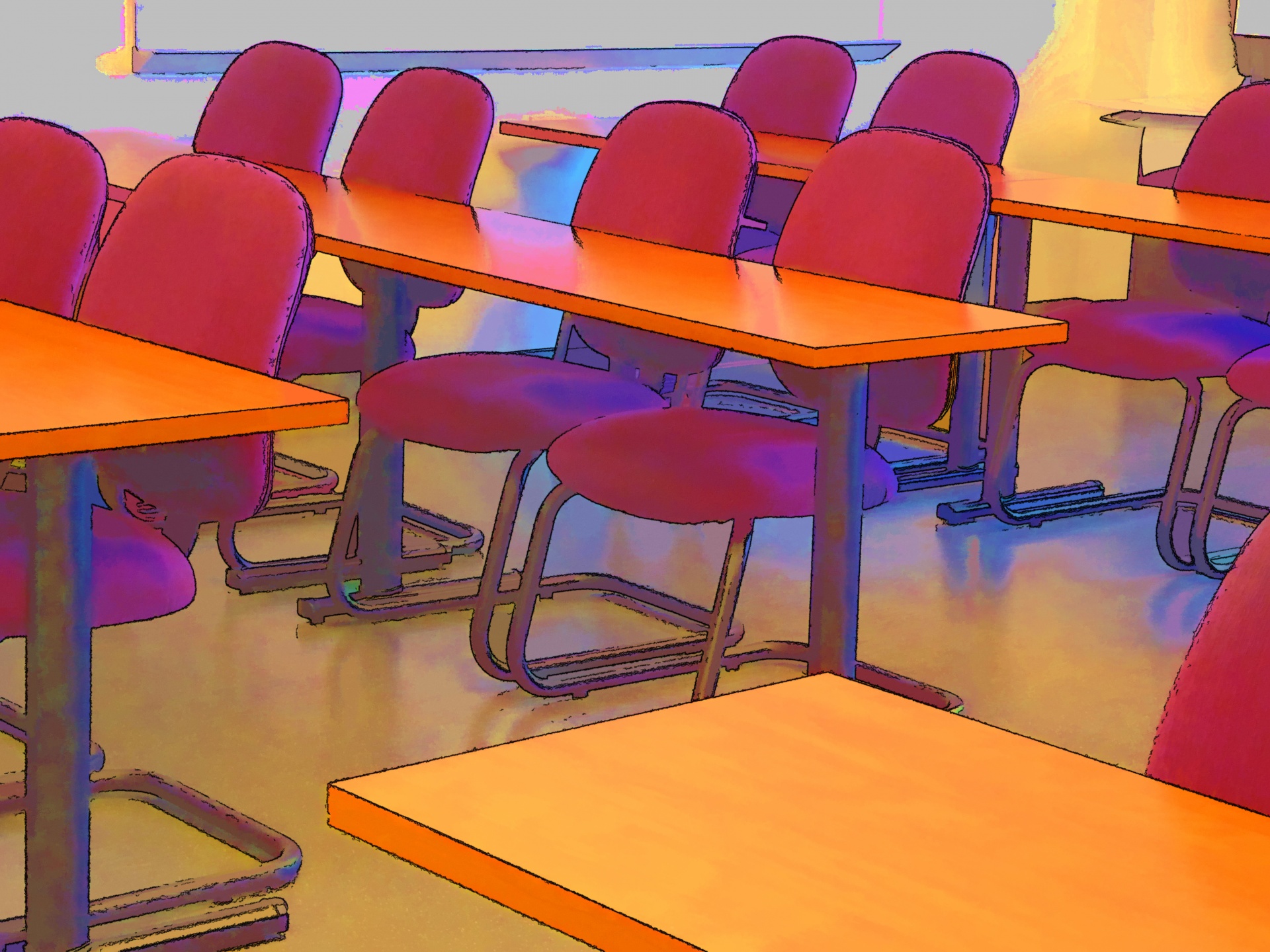The Importance of Education in Combating Global Racism

As an event for UCLA’s International Education Week (November 16-20) this year, the UCLA Global Conversation: Global Racism and Role of Education webinar features speaker Vice Chancellor Anna Spain Bradley and moderator Vice Provost Cindy Fan. In this virtual discussion, Spain Bradley, Fan, and UCLA student attendees discussed the significance of education in combating global racism. The recording of the webinar and the Q/A session is available on Youtube for those interested who were not able to attend the live event.
Spain Bradley became UCLA’s Vice Chancellor for Equity, Diversity, and Inclusion on September 1, 2020. Cindy Fan is the first Asian American woman to be UCLA’s Vice Provost for International Studies & Global Engagement. Both of their extensive education, research, and career experiences related to international law helped enrich this discussion as well as establish themselves as dependable resources for students and researchers.
Spain Bradley begins by acknowledging this year’s “renewed notice of the old problem of racism” in which the #BlackLivesMatter movement and public outcry against racism has resurged. At one point this year, the majority of The New York Times’ top 10 nonfiction paperbacks were related to anti-racism. However, Sprain Bradley reminds us that we cannot read away racism. If anything, it is a privilege to learn about racism and discrimination through books.
Even though the International Convention on the Elimination of Racial Discrimination (1965) prohibited all forms of racial discrimination, Spain Bradley says that “governments around the world struggle to meaningfully address racial discrimination.” She notes that this is evident in the U.S. in police brutality targeting Black people, rent and employment discrimination against Latinx folks, and a resurgence of neo-Nazi groups. Other examples include China’s internment camps detaining Uighurs and other Muslim minorities as well as anti-Asian hate crimes throughout COVID-19. There has been overwhelming public outcry — but little remedy.
Cindy Fan brings up that there are different types of division. One division forms when racial groups are clashed against each other (as seen in the U.S.). Another division takes the form of xenophobia, in which there is an outsider/foreigner aversion. Both place people in a social hierarchy, so it is important to continually question these systems of power in an effort to deconstruct them. Social hierarchies exist across the world, and they all share a commonality: those with least power to socially mobilize are at the bottom of the hierarchy.
Additionally, governmental institutions also contribute to the formation of social hierarchies. For example, capitalism — when thought of as a form of governance as in the U.S. — holds onto a form of meritocracy in which hard work is believed to lead to success and equality. However, Spain Bradley argued that this construct is deeply flawed because there is no balance of power in terms of who gets to decide what is good or deserves success. We must ask who sets up these structures, why these structures are set up like this, and whom these structures are designed to help or suppress.
Spain Bradley asserts that the main problem in combating global racism is that we lack a global definition of racism. Even now, there are still arguments and debates within governments and legal courts over what constitutes racism. This is where an agreement on worldwide, progressive education can help demystify the term and begin a global effort in combating racism and other forms of discrimination.
Education plays an important role in instances where people are unaware or ignorant of existing inequalities and inequities. However, there are also people who truly believe that they are superior due to certain aspects (e.g. race, gender, nationality, skin color, etc…). Spain Bradley says that the fact that people want to live in hierarchies and that governments continue to enforce hierarchies are part of the problem.
Then, onto the main point of this webinar: what is education’s role and potential in combating this global issue? First of all, it is important to note that there are underrated, forgotten works (here is a list to start from) beyond the New York Times’ bestsellers that can delve even deeper into the history and narratives related to racism. Secondly, it is important to question the very platforms that educators are working from.
Spain Bradley breaks down how education can eliminate racism. First, identity-awareness and identity-acceptance are both important in the learning process. She says that learning requires respect for and acceptance of each other’s (educator and learner) identities. It is harder for students to learn if the educator does not see or treat them equally. Surprisingly, even subjects like science that seem to be detached from social constructs and biases are not excluded from this conversation; the material the educator chooses to teach can reflect the (often racist, ableist, or otherwise harmful) narrative constructed by those in power. Therefore, according to Spain Bradley, it is necessary for us to have an “inclusive history and inclusive theories of different disciplines.”
Next, we must balance power — beginning by asking who has power and who is determining what the social hierarchy is like.
Most importantly, we must embrace dignity. Spain Bradley says that we must “re-embrace the core principle of all universal human rights… that people are inherently deserving of being treated with dignity.” This ideology is what we all must believe in order to truly achieve racial equality. Those who are ignorant can be educated, but those who believe in their superiority can only be changed through exposure and belief in this core principle of dignity.
Educational models that combat racism must be active rather than passive. Now, our focus is beyond what people do and say. It is also about how people think and feel. Like Spain Bradley said, we cannot read away racism. Beyond teaching our youth about history, we all have to actually form experiences with people with different identities — this is what truly helps change minds about racial biases.




